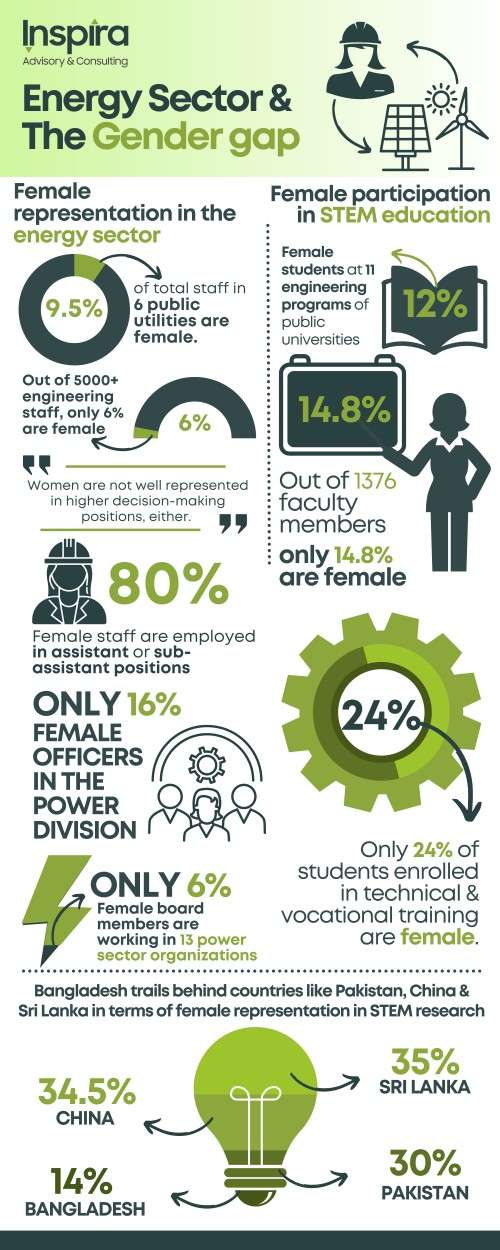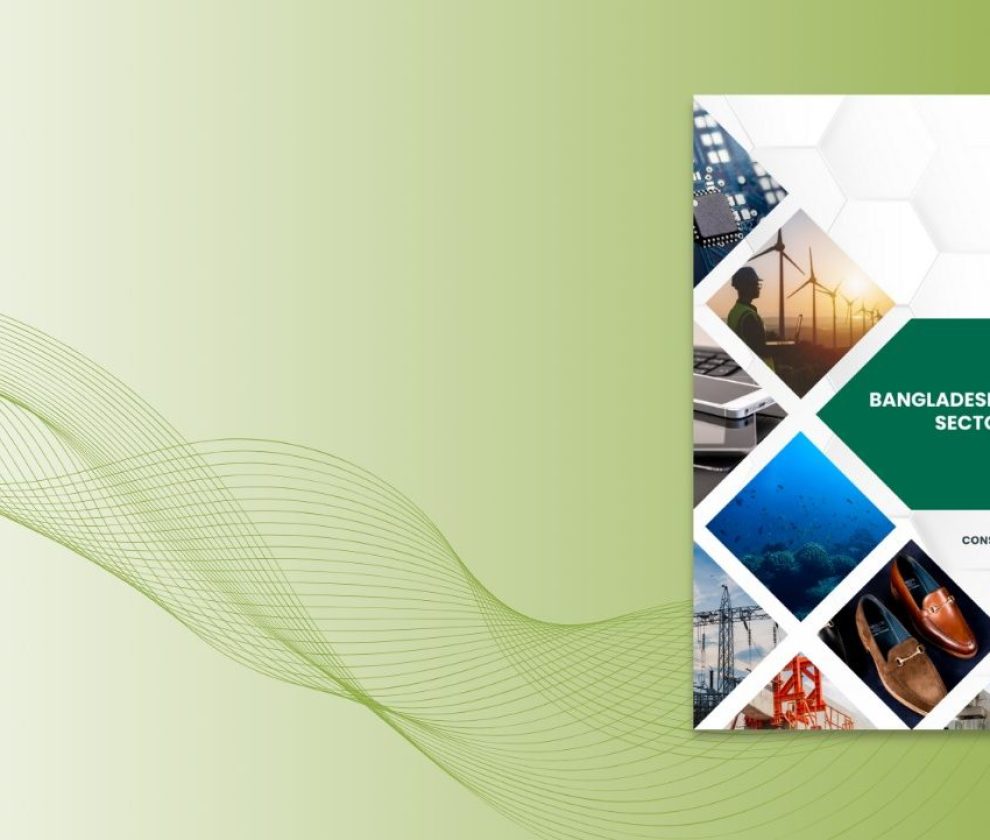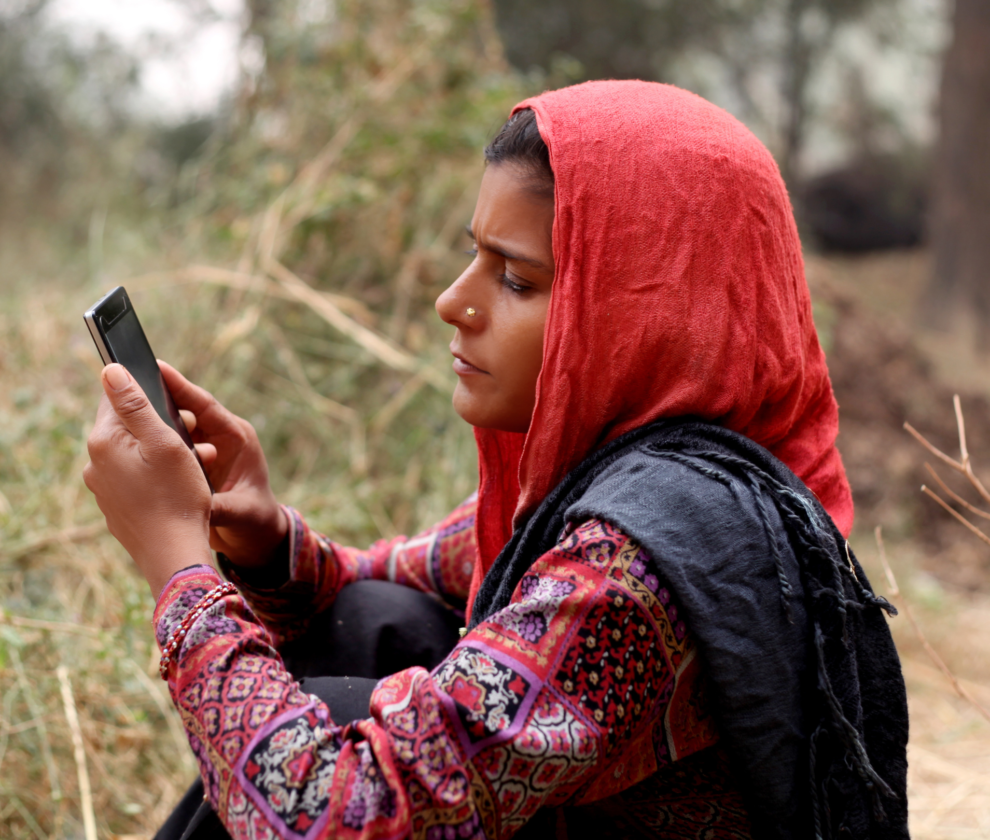The energy industry, despite its crucial role in driving progress and sustainability, continues to suffer from a glaring lack of gender diversity. Currently, within the renewable energy sector, women make up a mere 32% of the global workforce. Shockingly, only 28% of these women hold STEM-related roles, while 45% are limited to administrative positions. This disparity extends to Bangladesh’s energy sector, which carries a troublesome legacy of gender imbalance. Such a situation not only hampers the development of developing and transition countries but also poses significant obstacles to achieving sustainable development. In light of Bangladesh’s government striving for universal access to sustainable energy, it becomes imperative to address the critical connection between gender and sustainable energy.
Gender Disparity in Renewable Energy Projects and Engineering Academic Programs:
Bangladesh faces a significant challenge with a limited proportion of renewable energy projects, resulting in reduced gender-based youth participation in this sector. The representation of women in the engineering sector, renewable energy industry, and relevant academic disciplines remains extremely low. This trend is not unique to Bangladesh but is observed throughout South and West Asia. For instance, while Pakistan, China, and Sri Lanka have achieved percentages of 30%, 34.5%, and 35% of female researchers in STEM subjects respectively, Bangladesh lags behind with only 14%.
Understanding Stigmas of Women in STEM:
Research reveals that the discouragement for women to pursue STEM subjects in developing countries like Bangladesh starts as early as primary education. Various stigmas, including pedagogical, psychological, socio-cultural & financial factors, contribute to this trend. Lack of continuous support from families and limited knowledge about the potential career opportunities and market returns in STEM fields further deter women from pursuing these paths.
And particularly in rural areas, women’s involvement in the energy sector encompasses three dimensions: as users, practitioners, and policy makers. Despite being active users, women face challenges in adopting sustainable energy technologies due to reduced solar home system installations and societal stigmas. Gender disparities in energy-related activities create obstacles for women as practitioners, limiting their employment opportunities, leadership roles, and decision-making power. Cultural barriers and societal expectations confine women to domestic responsibilities, while men dominate technical and managerial positions. The absence of gender-inclusive policies, limited gender mainstreaming, and the lack of targeted initiatives and mentorship programs further perpetuate the gender gap in the energy sector.

Figure: Womens’ representation in power sector and engineering academic program [Source: World Bank and ESMAP (WePOWER)]
A study by World Bank, ESMAP and WePOWER identified that –
- Gender policies in the energy sector are limited to renewables and clean cookstoves, and approach women as end users and small-scale entrepreneurs.
- Enrollment in technical and vocational training remains low. Only 24% of students enrolled in technical and vocational training are female.
- Representation of women in the power sector is also very low at 9.5% of total staff in the six public utilities. Only 304 out of 5,006 engineering staff (6%) are women but most of them work at the Bangladesh Power Development Board (BPDB). Almost 80% of them are in assistant (34%) or sub-assistant (46%) positions. In total, only 45 women work as executive/senior engineers, and 35 of them are in BPDB. Women are not well represented in higher decision-making positions, either. Of the 44 officers in the Power Division of the Ministry, 7 are women (16%). The share of female Board members and officials working in the 13 power sector organizations is 6% (16/276 officials).
Effective initiatives to empower women in the energy sector –
- Promoting Gender Equality through Increased Awareness and Understanding
Raising awareness and understanding of the complex challenges faced by women, as well as prevalent biases, is crucial for promoting gender equality. By enhancing general sensitivity towards these issues, we can support efforts aimed at creating opportunities for women and advocating for their rights. Additionally, it facilitates the integration of a gender perspective into policies and programs, addressing unique needs and working towards eliminating discriminatory practices that hinder equality.
- Enhancing National Policies and Eliminating Restrictive Legislation
To ensure equal economic opportunities, countries must eradicate discriminatory laws that restrict women’s rights and impede their participation in the workforce. This goes beyond mere fairness, as it also yields positive economic outcomes such as increased productivity, improved well-being for families and children, and higher per capita GDP. Nations can take various measures to combat discrimination and inequality affecting women, thereby creating an environment conducive to their empowerment and advancement.
- Implementing Effective Workplace Practices, Policies, and Regulations
Organizations play a pivotal role in combating gender discrimination in the workplace by adopting measures that go beyond legal requirements. Collecting data that is disaggregated by gender provides a clearer understanding of the realities within the workplace and serves as a foundation for designing effective gender policies. Organizations can introduce gender quotas, promote transparency in hiring and promotions, and ensure equitable pay. Supporting work-life balance, providing childcare facilities, and offering parental leave are additional measures that can foster women’s career progression.
- Establishing Support Networks and Mentorship Systems
Establishing networks and mentorship programs within organizations and industry associations is crucial for supporting women’s career development and success. These initiatives facilitate training, mentorship, and networking opportunities, allowing women to gain valuable guidance, share knowledge, access career prospects, and serve as role models for others. Skills training and educational programs equip women with the necessary competencies to excel in decision-making, technical roles, and academic positions, benefiting both their quality of life and the sustainability of the respective sectors.
As we reflect on the gender disparities within the energy sector in Bangladesh, it becomes evident that addressing these challenges is essential for sustainable development and achieving the country’s goals. By bringing together mitigation practitioners and promoting the exchange of best practices, policymakers can enhance the effectiveness of energy projects and policies. Future policies should not only focus on infrastructure and financing but also prioritize efficient energy usage, expansion, and sustainability of renewable projects, as well as influencing communities to adopt renewable resources and technologies. Inclusion of gender at all levels is essential to reach the goal of 10% energy generation from renewable sources and to achieve Vision 2041, which requires an increase in per capita GNI and comprehensive gender integration.




